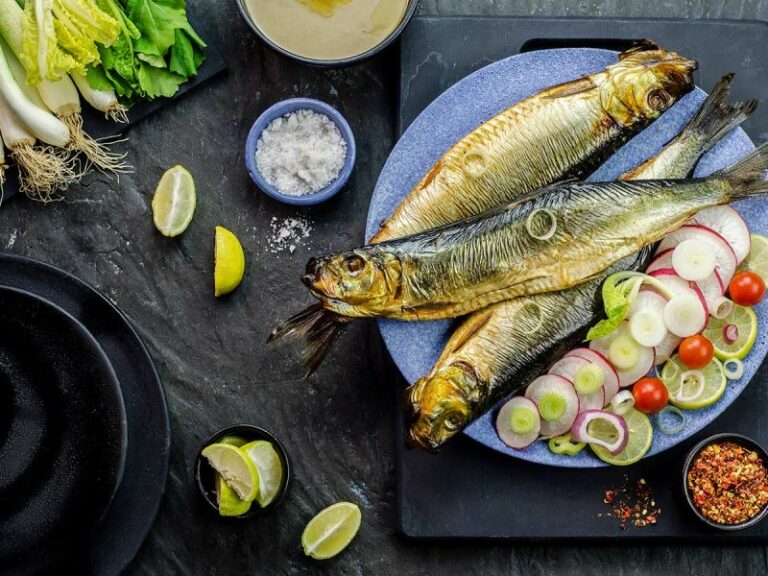Introduction: Exploring Egyptian Culinary Traditions
Egyptian cuisine is a diverse and rich tapestry of flavors, spices, and ingredients that have been influenced by various cultures throughout history. Egyptian food is known for its unique taste, aroma, and presentation, which make it a popular choice for special occasions like weddings, festivals, and religious events. In this article, we will explore the culinary traditions associated with Egyptian weddings and special occasions, as well as the cultural and religious influences that have shaped Egyptian cuisine over the centuries.
Egyptian Wedding Traditions and Customs
Egyptian weddings are known for their elaborate ceremonies, colorful decorations, and sumptuous food. The wedding usually takes place over several days and includes various rituals such as the Henna party, the Zaffa procession, and the Nikah ceremony. The Henna party is a pre-wedding celebration where the bride’s hands and feet are decorated with intricate henna designs. The Zaffa procession involves music, dancing, and drumming, and the Nikah ceremony is where the couple is officially married in the presence of witnesses.
The Role of Food in Egyptian Weddings
Food plays a crucial role in Egyptian weddings, where the couple and their families often serve traditional dishes that are symbolic of the occasion. The wedding feast is usually a lavish affair that includes multiple courses of appetizers, main courses, and desserts. The menu is typically a mix of traditional Egyptian dishes like Koshari, Molokhia, and Fattah, as well as modern dishes that cater to different tastes and preferences. The food is usually served buffet-style, and guests are free to help themselves to as much food as they like.
Common Dishes Served at Egyptian Weddings
Some of the most popular dishes served at Egyptian weddings include Kebabs, Shawarma, Hawawshi, and Ta’meya. Kebabs are skewered meat (usually lamb or beef) that is marinated in spices and grilled over an open flame. Shawarma is a Middle Eastern dish made of thinly sliced meat (usually chicken or beef) that is cooked on a spit and served with pita bread and vegetables. Hawawshi is a stuffed pita bread that is filled with ground meat, onions, and spices. Ta’meya is a type of falafel made from fava beans and served with tahini sauce.
Special Occasions and Their Culinary Traditions
Egyptian cuisine is also associated with many other special occasions like Eid al-Fitr, Ramadan, and Christmas. During Eid al-Fitr, the feast of breaking the fast, Muslims traditionally serve sweet dishes like Qatayef, Basbousa, and Konafa. Qatayef is a type of pancake that is filled with sweet cheese, nuts, or cream. Basbousa is a semolina cake that is soaked in syrup and topped with coconut, almonds, or pistachios. Konafa is a pastry made of shredded phyllo dough that is filled with cheese or cream and soaked in syrup.
Religious and Cultural Influences on Egyptian Cuisine
Egyptian cuisine has been influenced by various cultures throughout history, including Persian, Turkish, Greek, and Roman. The most significant influence on Egyptian cuisine, however, is the Islamic culture, which has shaped the eating habits and culinary traditions of the country. For example, the prohibition of pork in Islam has led to the widespread use of lamb, beef, and chicken in Egyptian dishes. Similarly, the use of spices like cumin, coriander, and cardamom in Egyptian cuisine can be traced back to the Islamic culture.
The Significance of Presentation in Egyptian Cooking
The presentation of food is an essential aspect of Egyptian cooking, where dishes are often decorated with colorful herbs, spices, and sauces. The use of fresh herbs and vegetables like mint, parsley, and tomatoes adds a pop of color and flavor to the dishes, making them more appealing to the eye. Similarly, the use of intricate designs and shapes in the presentation of dishes like Konafa and Basbousa adds to their aesthetic appeal.
Conclusion: The Rich and Diverse World of Egyptian Food
Egyptian cuisine is a vibrant and diverse fusion of flavors and ingredients that reflect the country’s rich cultural heritage. The culinary traditions associated with Egyptian weddings and special occasions reveal the importance of food in Egyptian culture and the role it plays in bringing people together. From Kebabs and Shawarma to Qatayef and Konafa, Egyptian cuisine has something for everyone, making it a unique and delicious experience that everyone should try at least once.

